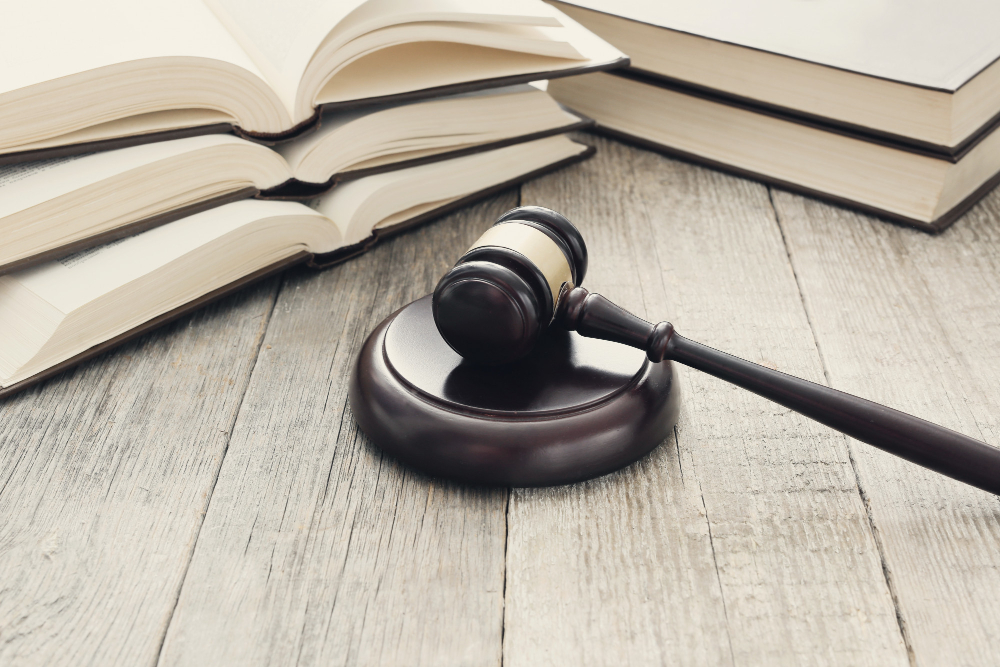REMARKABLE DIFFERENCE IN THE INDIAN JUSTICE SYSTEM: JUDGMENT vs DECREE

“Law” refers to the set of guidelines that regulate human behavior. These guidelines are predicated on various conceptions of justice, equity, and equality. Legislative decrees denote formal, authoritative directives that specify the obligations and privileges of the parties concerned. On the other hand, a judgment is a decision reached by the court in accordance with an order or decree.
Every day, thousands of cases are heard in court, leading to the issuance of decrees after judgments. A decree is created on the day the judgment is rendered, not on the day the judge properly signs and seals the decree. Let’s have a look at the judgment or decree meaning.
Judgment: About
A judgment is essentially the ruling made by a court or tribunal regarding a matter, outlining each party’s obligations and rights. A dispute is often resolved and the litigation is closed by the final judgment made throughout the legal proceedings. The winning party and the remedies awarded to them are specified in the judgment.
Decree: About
After a judgment is rendered in a lawsuit, a decree is characterized as an official as well as authoritative order or sentence that was formally articulated in court, comprehending all the relevant issues and establishing the rights of the plaintiff and defendant. It is a declaration made by the court that details the legal ramifications taking into account the facts, witnesses, and evidence that have been provided.
Remarkable Difference: Judgment vs Decree
A judgment or decree of a court differ significantly. They are as follows:
| JUDGMENT | DECREE |
| A judgment is supported by the facts of a case. | A judgment serves as the primary basis for a decree. |
| Judgment is delivered before a decree. | The decree is delivered after a judgment. |
| A judgment basically includes the facts of a case, the issues pertaining to it, the evidence given by the involved parties, and the assertions drawn from the evidence as well as arguments. | The decision of a suit is given in a decree and definitively establishes each involved party’s rights to the issues brought in the suit. |
| The definition of judgment is given in Section 2(9) of the CPC. | The definition of decree is given in Section 2(2) of the CPC. |
| “Formal” is not included in the “judgment” under Section 2(2) of the CPC. | “Formal” is included in the “decree” provided in Section 2(2) of the CPC. |
| It has no types. | It is divided into three types. |
| A judgment is always final even though it may lead to a preliminary decree, final decree, or order on its own. | The decree could be partially preliminary and partially final, preliminary, or final. |
| After a decree is made, the judgment results in the case’s ultimate resolution. | Since the court has the final say over the rights of the parties involved, the case is closed after the issuance of a decree. |
Judgment: Positive and Negative Effects
The positive and negative effects of a judgment which are often discussed are as follows:
Positive Effects:
- The judgment is delivered with much clarity and helps the involved parties to move on and think for their future.
- It distributes rights and legal standing to the parties involved in the case, as it serves as the basic foundation for any additional legal actions.
- It guarantees uniformity in the execution of the law by establishing a precedent for any forthcoming cases.
Negative Effects:
- To obtain a judgment is a patience and time-consuming process.
- A case is incomplete without a judgment, and parties to the case might have to wait for a prolonged period of time for just a judgment.
- The procedure for obtaining a judgment can be financially taxing for the involved parties in the case in addition to becoming emotionally displeased.
Decree: Positive and Negative Effects
The positive and negative effects of a decree which are often discussed are as follows:
Positive Effects:
- By laying forth precise guidelines for how a matter should be resolved, decrees can contribute to a just and uniform resolution.
- They are a useful tool for swiftly and effectively resolving conflicts because they do not involve formal trials.
- They are binding because of the court’s power and command, which implies that the parties must abide by the decree or risk fines or other consequences like jail time.
Negative Effects:
- Decrees are not open to public discussion or examination, which may result in a lack of backing from the general public.
- It may be challenging to revoke or reverse the decrees, which makes it challenging to hold the President responsible for their deeds.
The judgment or decree meaning needs to be understood by any layman. therefore, to put it briefly, the judgment or decree of a court often possesses a magnificent effect on preserving the boundaries as well as powers of any individual.









